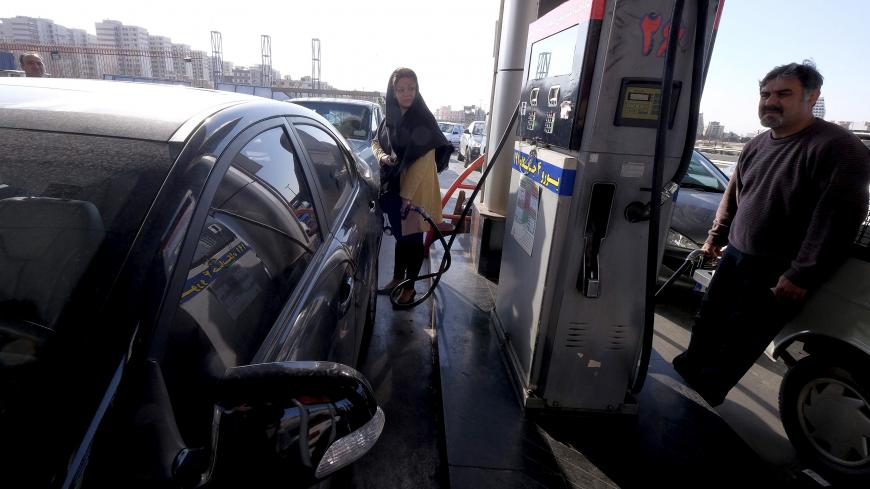According to the latest figures from the Central Bank of Iran, the government’s budget deficit spiked by a whopping 105% in the first half of the current Iranian year (which began March 21) compared with the same period the previous year.
Part of the issue has to do with massive fuel subsidies. President Hassan Rouhani’s administration is now obliged to provide at least 180 trillion rials ($4.29 billion) in hidden subsidies to Iranian car owners until spring. But continuing the fuel subsidies appears even more unfeasible now that the United States has reimposed unilateral sanctions targeting Iran’s oil industry, banking system and other key sectors.



